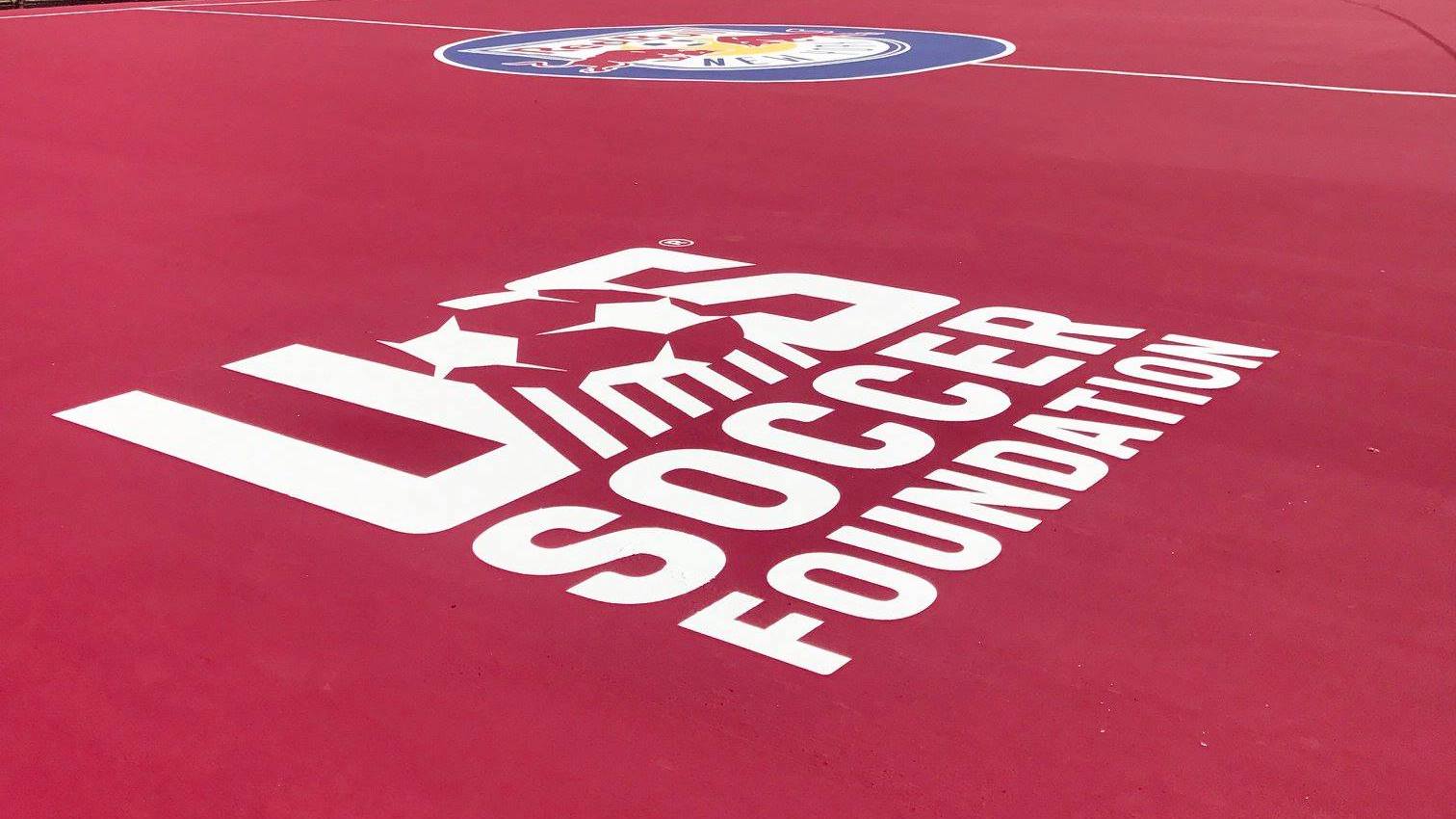U.S. Soccer Foundation launches its 2020 Soccer for Success program

Washington, DC – The U.S. Soccer Foundation adapted and launched its signature Soccer for Success program – addressing the ever-changing landscape presented by COVID-19 and allowing it to be delivered across a variety of settings and platforms.
The Foundation spent the summer listening to its partners to best support their needs and, ultimately, the needs of its communities. By adapting its Soccer for Success curriculum, partners can run the program across a variety of settings. In lieu of the traditional in-person trainings, they are providing an online training that is specifically designed to prepare coach-mentors to deliver the program across these new settings. The 12-week curriculum consists of:
- Thirty-six pre-recorded video sessions that can be sent directly to participants and their families to complete at a time that works best for them. The sessions are around 15-20 minutes in length, can be done at home with little space and equipment, and incorporate health and wellness tips and information.
- Thirty-six practice session plans that provide coach-mentors with guidance on how to run 45-minute virtual sessions (in real time) with their participants. The practice sessions include both soccer activities and health and wellness teaching points.
- Thirty-six practice session plans that provide coach-mentors with guidance on how to run 60-minute, in-person socially distanced sessions with participants. The practice sessions include both soccer activities and health and wellness teaching points.
- Thirty-six traditional in-
person practice and game day sessions.
“This formatting gives our partners the flexibility to run Soccer for Success three days a week for a typical 12-week season in the way that works best for them and their community at any given time,” said Sarah Pickens, U.S. Soccer Foundation Associate Vice President of Programs. “Partners can move seamlessly between offerings on any given day or week. It also allows partners to continue to serve as many children as possible. In some places, space constraints may limit the number of in-person socially distanced participants allowed at one time. Partners can alternate days that players can come in person, while still providing live virtual or pre-recorded programming to any other students enrolled in the program. No matter what stage a given community is in, children have a way to participate in each session.”
This approach also anticipates the very real scenario that things will continue to change rapidly community by community, and that each new day could bring something different. Even if guidelines change overnight, partners can still run programming virtually or through distribution of pre-recorded sessions without missing a beat.
Pickens added, “This helps children have some sense of consistency, keeps them active, and keeps them connected to each other in a positive and fun way. The bottom line is that Soccer for Success keeps kids healthy in body and mind. In our current reality, this is more important than ever.”











